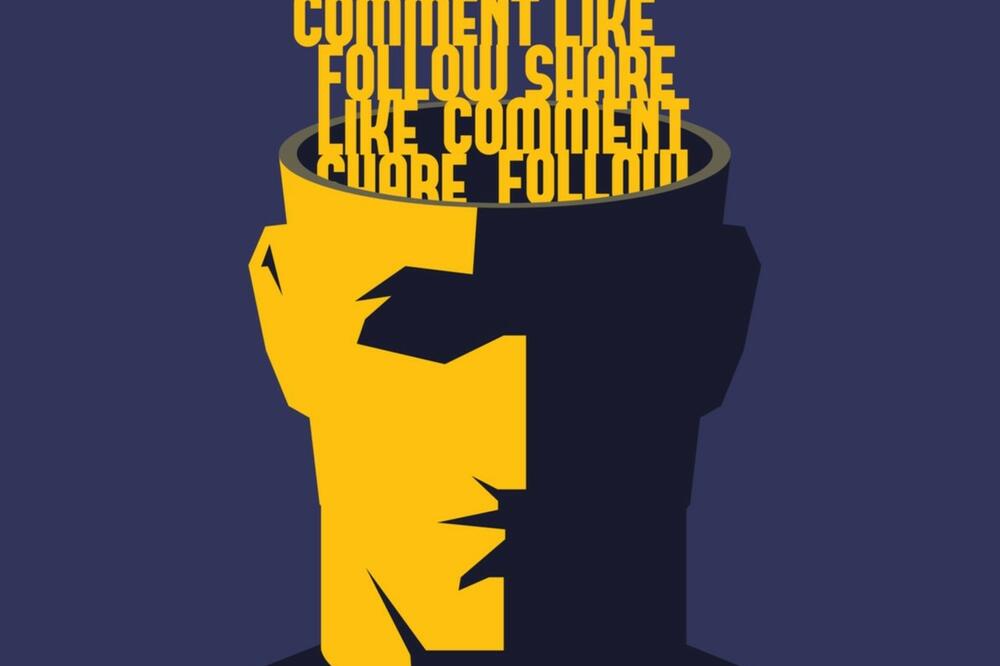What we could already call the classic concept of the media today was to a significant extent based on a certain amount of mystification of the role and structure of the media. The relationship between the creator and the consumer of media content was built on such an experience, so information was trusted only when its source was known and reliable, or if it was marketed or used in a form backed by someone whose authorship was recognizable. In simpler terms, in that almost archived model, the rule was that the relationship between society and the media must be based on the somewhat classical notion of responsibility.
In today's demystified and rather anarchic media space - less and less dependent on some institutional logistics and less and less conditioned by professional, ethical and aesthetic duties - something that could tentatively be called a media guerilla rumbled. Today, the face watched and listened to in millions of views can become anyone and can say anything, and this can easily provide him with the status of an influential person in an endless sea of media arbitrariness and mostly triviality.
However, the main problem of that phenomenon cannot be seen from the position of an encroaching guerrilla, but from the position of a retreating society. A key question arises here - why does society with all its regulatory, not censorship, mechanisms behave in such a defeatist way? Assange's case, for example, shows that the holders of power in society are also agile when content "harmful" to their power appears in the uncontrolled world of the Internet. On the other hand, the socio-political elite does not see any harm in the fact that various colorful characters, convinced that their life experience is the best school, build the value system of young people from their virtual platforms.
If, on the other hand, we look at the problem from the position of the consumer of those contents, an ordinary person, then we will see that he is only guided by his own wishes and expectations, and they are, let's not have any illusions, mostly directed towards what does not require any great effort. From that private motley of desires and fascinations of the common man, a winning formula emerged that enabled the expansion of influencer, vlogger and YouTuber works, which require no effort either in creation or consumption and which, like any trivia, are very seductive.
And now again about society (any resemblance to ours is accidental). When the ruling social elite perceives the media exclusively as a political tool, then its favor towards forms that will keep a person (and for the said elite he is primarily a voter) locked in the zone of private trivia and banal entertainment is to be expected. In the calculations of that elite, it is much better for a teenager to spend time arguing about the price of Grandma Pig's Ferrari than, God forbid, in front of some kind of educational content. Just as it is better for an influencer to reveal new recipes for happiness to an army of followers, give recommendations for "fancy", warn about "out", and on the way tell about her dramatic experiences at pedicures, than for virtualized followers to rage in a destroyed reality during this time .
And, in the end, how can a common man resist that, poor man, when it's all so easy and fragile, doesn't make you think and seems accessible. Especially since it doesn't get dark with some stories about crises, corruption and crime. Let the classical media deal with that, which, by the way, have already largely taken over the mechanisms from all those virtual and reality forms.
The author is a writer and literary critic
Bonus video:





